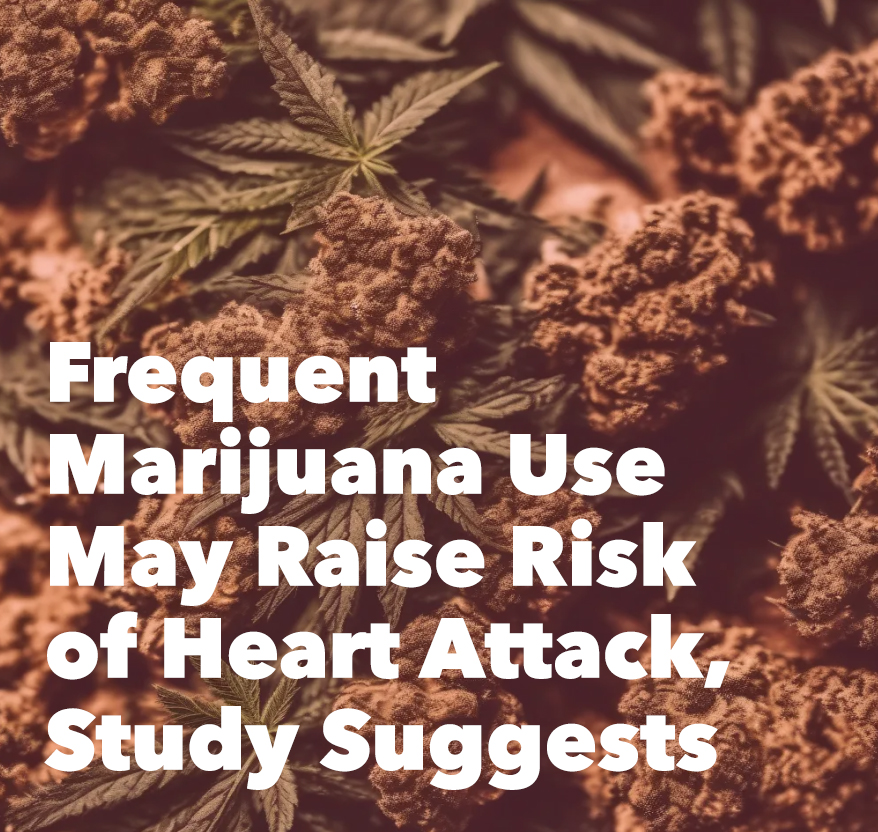The Cross County Cardiology education team is thrilled to share intriguing insights from the latest research in heart health and nutrition! 🍳❤️ Dive into the details with us as we explore a compelling study about eggs and cholesterol.
Eggs are often at the center of dietary discussions, especially concerning heart health. The recent PROSPERITY study, led by Dr. Nina Nouhravesh, investigated whether regular egg consumption impacts cholesterol levels—crucial indicators of heart health.
This study involved 140 individuals over 50 at high risk for heart disease, examining the effects of eating 12 fortified eggs weekly compared to consuming fewer than two. After four months, results showed minimal differences in cholesterol levels between the two groups. Those who consumed more eggs experienced slight improvements in cholesterol and other markers of heart health.
Dr. Nouhravesh highlighted that while significant differences weren’t observed, the study found no adverse effects from regular egg consumption. This suggests that fortified eggs might be safer for heart health than previously believed, indicating that eggs could be a viable option for those concerned with heart disease.
This research contributes valuable knowledge to the ongoing dialogue about diet and heart health, suggesting that eating eggs might not be as detrimental as once thought. Stay informed and make healthier choices with insights from the Cross County Cardiology education team.
Check out this article on TODAY.COM for more details!
Source:














